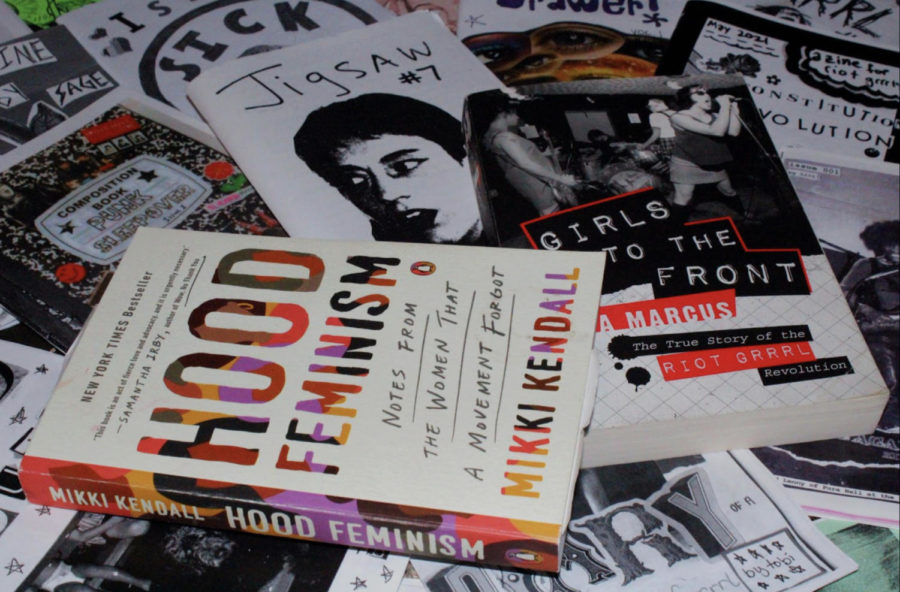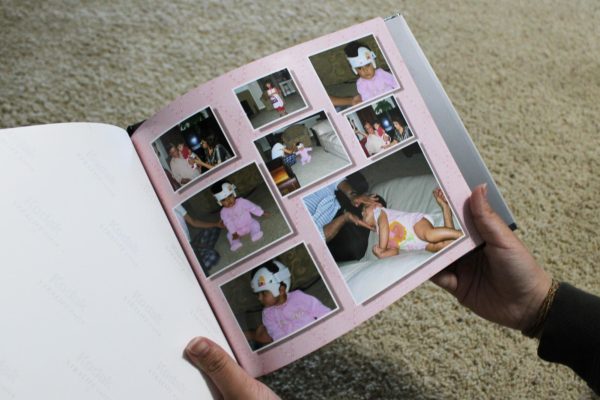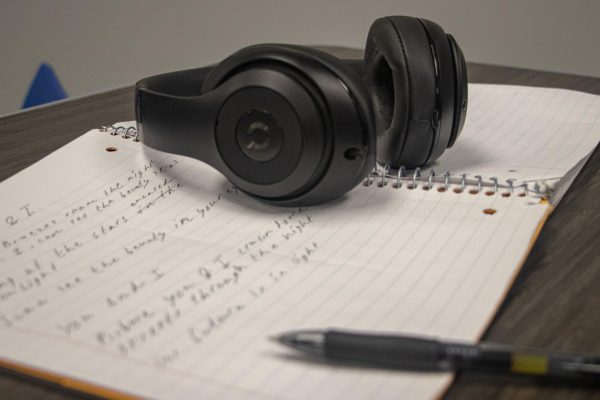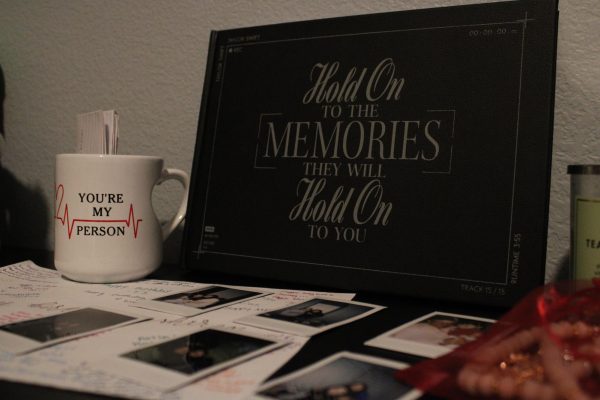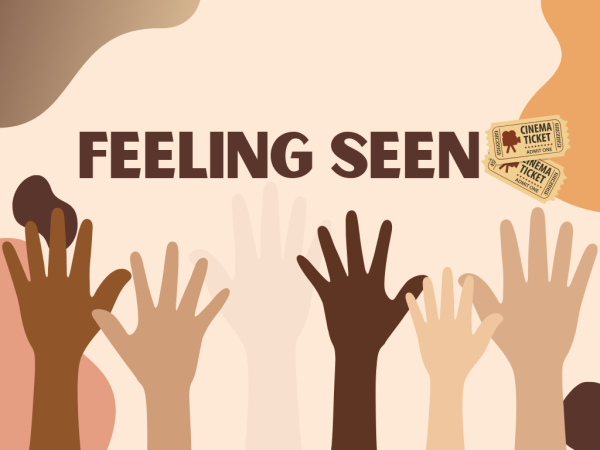Opinion: My experience with feminism
Two of the first feminism-related books I read sit on top of a pile of feminist zines I received and bought through connecting with other activists, artists and writers.
From books and songs to organizations and marches, the principles of the feminist movement have been in America as early as the 18th century, and continue to evolve and spread around the world.
Though I heard bits and pieces regarding feminism on television shows and conversations growing up, I never felt a need to look into it further than the blanket concept of “equality for all genders.” However, upon finding myself with an immense amount of free time at the height of COVID-19, I began to realize all the differing concepts and theories that go into the feminist movement. Regardless of the various categories and ideologies of feminism, many self-proclaimed feminists are branded with a negative and unfavorable label from the get-go for being “too strong” — I am not immune to this.
Since becoming more involved in activism, particularly feminism, I am frequently met with misunderstandings and ridicule of what I stand for. More often than not, I am told to be less “aggressive” and “hysterical” when trying to highlight an issue or correct someone on an ignorant viewpoint. In addition, being both Muslim and Pakistani, I find myself berated by other feminists who tend to center their platform solely around western standards and perspectives. Though I find it empowering to stand up for my beliefs and fight for the betterment of women all around, it can be frustrating and difficult when met with individuals not willing to put in effort to understand the intersection of feminism and different social, economic and racial backgrounds.
After feeling isolated and wary in the community, I decided to channel this into creating my own feminist zine — a DIY magazine — in order to spread a more inclusive and nuanced understanding of feminism beyond the mainstream perception. Through this, I have found myself forming a stronger connection with feminism, having communicated with other feminists who are also people of color or understand the importance of fighting for equality through a lens of inclusion.
The longer I am involved in the community, the more I enjoy reading feminist theory and history, listening to songs screaming calls of action and meeting others in order to work toward the same goals of equality for all genders. With Women’s History Month coming to a conclusion, I can proudly say feminism holds an important place in my heart.
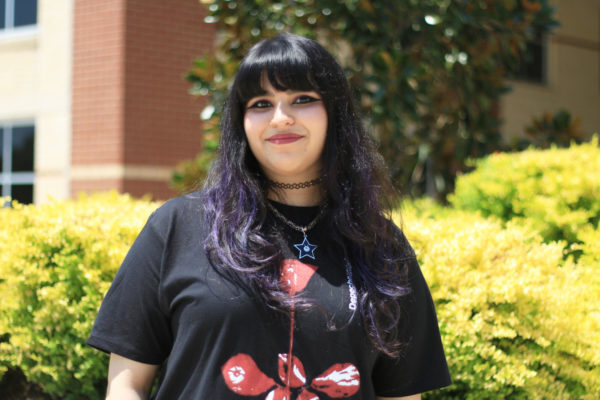
Senior Shehzil Imran is the feature editor and this is her third year on staff. In her free time, she enjoys watching horror movies, writing and doing...



